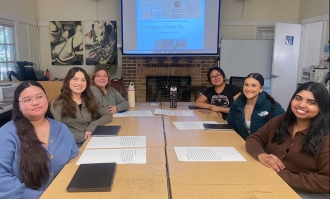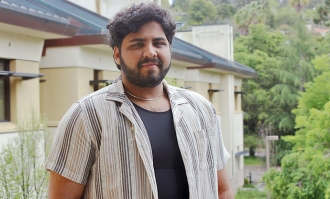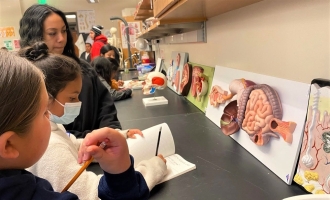Gilardi Center for Community Engagement and Partnerships
The Center supports robust community partnerships, involving students, faculty, and staff that positively transform our University and communities through a continuum of community engagement opportunities and public scholarship.
Dominican holds the Community Engagement Classification from the Carnegie Foundation for the Advancement of Teaching in recognition of exemplary institutional focus on community engagement.
Modes of Community Engagement
Community engagement is a key part of every student’s Dominican Experience.
Our Center for Community Engagement and Partnerships assures that all students have meaningful opportunities to collaborate with community partners to enrich their education and contribute to the public good.
There are many ways to engage with your community and Dominican offers several methods to give options to learn, grow, and make a significant impact within the community:
- Service-Learning integrates meaningful community engagement with the academic curriculum, emphasizing critical reflection, and analysis. With community organizations and schools, students learn about the lives of others and the larger contexts and root causes of issues that impact us all.
- Internships provide a structured experience related to the student's major or career goal where students gain practical experience related to their field of study and enhance their academic, career, and personal development.
- Fieldwork provides opportunities for students to gain hands-on experience working with clients and/or programs under the supervision of a qualified practitioner.
- Community-based projects are embedded in academic courses, designed to serve "client" community organizations and businesses. Through structured, faculty-guided initiatives, students hone leadership and team skills while applying disciplinary knowledge and engaging local experts.
- Community-based research is student and faculty research conducted with established partners in diverse fields. Partner organizations benefit from students' work gathering and analyzing data for select projects, and students build critical skills.
Mission
Our mission is to connect classroom, campus, and community through reciprocal partnerships contributing to a just, equitable and healthy world. The Center supports the Dominican campus community and the community at large in developing projects and partnerships that further the Center’s mission and align with the following principles:
- Relevance, academic rigor, and connection with Dominican's Institutional Learning Outcomes: Community engagement is germane to course content, required by all students enrolled in the course, and integrated into course goals and student learning outcomes. Course goals respond to one or more of Dominican’s Institutional Learning Outcomes.
- Community voice and interest: Community engagement activities address community-identified issues and meet course goals. This includes determining a timeframe, a required skill-set for students, and training requirements.
- Reciprocity between all stakeholders: Dominican and Community Partners develop a shared vision and joint strategies; learn from and teach each other; and, are accountable to each other. Community Partners, as co-educators, participate in evaluating student engagement.
- Critical reflection: Students continuously analyze their understanding of larger contexts, societal and organizational structures, and civic responsibility.
- Assessment: Evaluation of student, faculty, and community work is embedded in the course or project to measure the progress made towards student learning outcomes and community goals.6. Dissemination and celebration: All stakeholders are recognized for their contributions. Findings from the course or project are shared with Dominican and the larger community.
Gilardi Center for Community Engagement and Partnerships Leadership
 Executive Director Center for Community Engagement and Partnerships
Associate Professor, Philosophy and Social Justice
Executive Director Center for Community Engagement and Partnerships
Associate Professor, Philosophy and Social Justice
Contact Information
- Library, First Floor
- julia.vanderryn@dominican.edu












